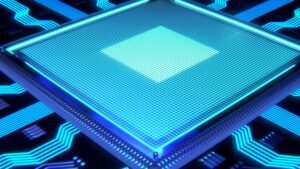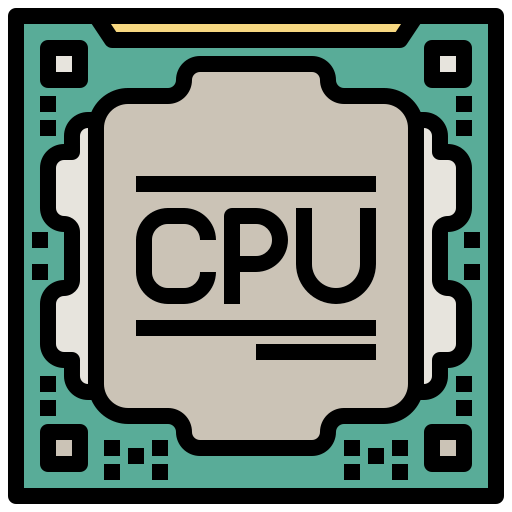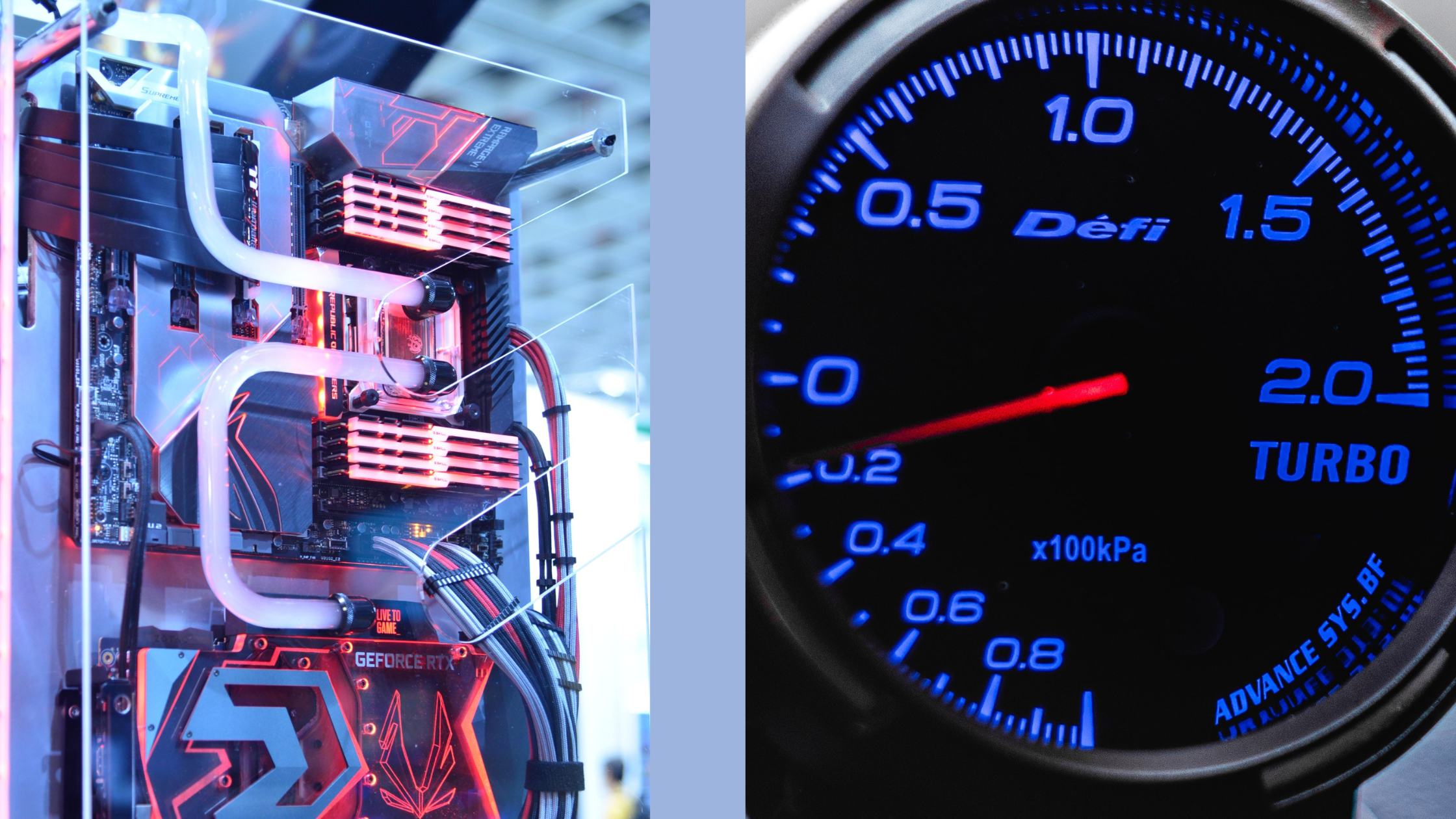In recent years, the bottleneck of GPUs and CPUs has become an increasingly common topic of discussion.
While the two technologies have their unique strengths and weaknesses, they both face similar challenges in scaling up.
This article looks at some of how you can overcome CPU and GPU bottlenecks so that your applications can continue to grow in performance.
You can get everything related to What Is the Bottleneck of GPU and CPU? How Do I Overcome It?
Why Do Bottlenecks Occur on CPU and GPU?
CPU and GPU bottlenecks can occur due to various reasons.
- One of the most common reasons is that the system cannot handle the amount of data that is being processed. When this happens, the CPU or GPU will become overloaded and bottlenecked. It can cause a significant decrease in performance and impact the entire system.
- Another reason for CPU and GPU bottlenecks can be a lack of available resources. For example, if the system does not have enough memory, the CPU or GPU may become overloaded. It can cause a significant decrease in performance and impact the entire system.
- Finally, another reason for CPU and GPU bottlenecks can be a lack of bandwidths. If the system does not have enough capacity, the CPU or GPU may become overloaded.
GPU Bottlenecks
GPU bottlenecks can refer to various issues with GPUs that can limit performance.
- One such bottleneck is when the GPU cannot keep up with the rate at which data is being processed, resulting in a slowdown of the entire system.
- Another potential bottleneck is when the GPU runs out of memory, preventing it from performing certain tasks.
- Finally, a bottleneck can also occur when the graphics pipeline becomes overloaded with data, causing frames to be dropped and visual artifacts to appear.

What Is the Bottleneck of GPU and CPU? How Do I Overcome It?
CPU Bottlenecks
A CPU bottleneck is a phenomenon that can occur in computers, where the CPU is unable to keep up with the rate of data that needs to be processed. It can cause a delay in tasks or operations being carried out on the computer.
One common way to measure whether or not you have a CPU bottleneck is to use a benchmarking tool like PassMark. If your CPU is maxed out at 100% and you do not see any performance increase when upgrading other hardware, you likely have a CPU bottleneck.
There are several ways to address and potentially solve a CPU bottleneck.
One option is to overclock your processor, which will make it run faster than its rated speed. You can also upgrade your processor if your current one doesn’t meet your needs.
CPU and GPU Bottleneck Causes
Are you experiencing poor gaming performance, especially in games that require a lot of system resources? If so, your system may be suffering from a CPU or GPU bottleneck.
A bottleneck occurs when the system’s resources are insufficient to handle the demand, causing the system to slow down. We’ll look at the causes of CPU and GPU bottlenecks and how you can fix them.
One of the most common causes of CPU bottlenecks is inadequate cooling. If your CPU is overheating, it will slow down to prevent damage.
Ensure your PC has good airflow and that your CPU cooler is adequate for your processor. You can also try overclocking your CPU to increase its performance.
GPU bottlenecks are often caused by insufficient graphics memory or an underpowered graphics card.
You can limit these bottlenecks by purchasing a graphics card with enough memory or upgrading to a higher-performing GPU.

CPU and GPU Bottleneck Fix
A CPU and GPU bottleneck is what it sounds like: when your computer’s Central Processing Unit (CPU) and Graphics Processing Unit (GPU) are struggling to keep up with the demand of the tasks, you’re asking them to do.
It can cause many problems, from decreased performance in games and other graphics-intensive programs to system crashes and even blue-screens. But don’t worry – there are ways to fix a CPU and GPU bottleneck!
- Increase the Game’s Resolution
- Stop Unnecessary Processes in the Background
- Overclock Your CPU
- Lower the CPU Demanding Game Settings
- Lowering Resolution and Graphics Settings
Increase the Game’s Resolution
A recent study has shown that up to 90% of the gaming population is experiencing a CPU and GPU bottleneck.
The game’s resolution is not being fully utilized by either the CPU or GPU, resulting in decreased performance. Fortunately, there are ways to fix this issue.
- One way to increase the game resolves to set your graphics card to use its full potential. You need to open your graphics card control panel and find the OverDrive section to do this. In this section, you should be able to set your graphics card’s clock speed and voltage. You can also enable TurboBoost if it is available on your system.
- Another way to increase the game’s resolution is by increasing the CPU cores utilized by the game. You can do this by opening the game’s properties and changing the affinity setting.
Stop Unnecessary Processes in the Background
Everyday tasks like browsing the web, checking email, and streaming music can toll your computer’s performance.
Many of these activities rely heavily on your CPU and GPU, so it’s important to keep them from being bogged down by unnecessary processes running in the background.
One easy way to do this is by using a program like Windows Task Manager to identify and close any unneeded applications. You can also use the Resource Monitor tool to understand better which processes are using the most CPU or GPU resources.
If you find that a particular application is causing your computer to slow down, try closing it and see if that speeds things up. If it does, then you might want to consider uninstalling it completely.
Alternatively, you can try disabling any unnecessary startup programs by going to the Startup tab in Task Manager.
Overclock Your CPU
Are you experiencing bottleneck issues with your CPU and GPU? You may be able to fix this problem by overclocking your CPU.
In some cases, overclocking can help improve the performance of your GPU by providing it with more resources.
However, overclocking can also be risky, so be sure to research the process thoroughly before attempting it. If you decide to overclock your CPU, use a cooling system to keep it from overheating.
Lower the CPU Demanding Game Settings
One way is to lower the game settings to something less CPU demanding. It can help free up some of the power of your CPU and, in turn, lessen the bottleneck on your GPU.
If you have a particularly powerful GPU, this may be all you need to do to see a performance increase.
Lowering Resolution and Graphics Settings
Lately, there’s been a lot of talk about configuring your gaming PC best to achieve the best performance.
It usually involves tweaking graphics and resolution settings until you find the right balance between image quality and framerate. However, you may be unwittingly causing a bottleneck by doing this.
In some cases, lowering your resolution or graphics settings can cause your CPU or GPU to become the limiting factor in your system.
Certain games are more CPU- or GPU-intensive than others, and by tweaking these settings, you may be inadvertently reducing your system’s overall performance.
There are a couple of ways to work around this problem. The first is to enable multi-threading in CPU-intensive games, which will allow the game to take advantage of more than one core on your processor.
Conclusion
In conclusion, the bottleneck of GPUs and CPUs is an obstacle that can be overcome by understanding its source and taking measures to improve the performance of your system.
By following the tips provided in this article, you can reduce or eliminate the bottleneck and improve the overall performance of your computer.
You can get every information related to What Is the Bottleneck of GPU and CPU? How Do I Overcome It?

